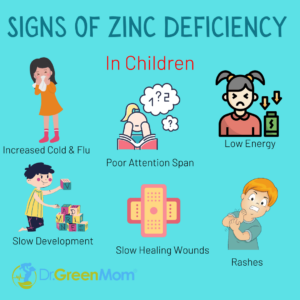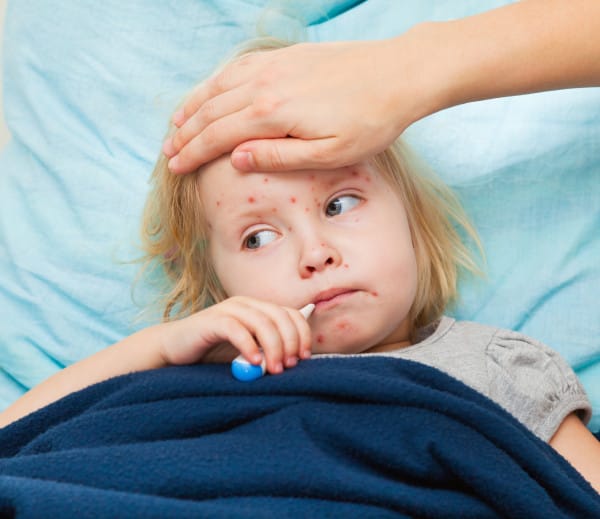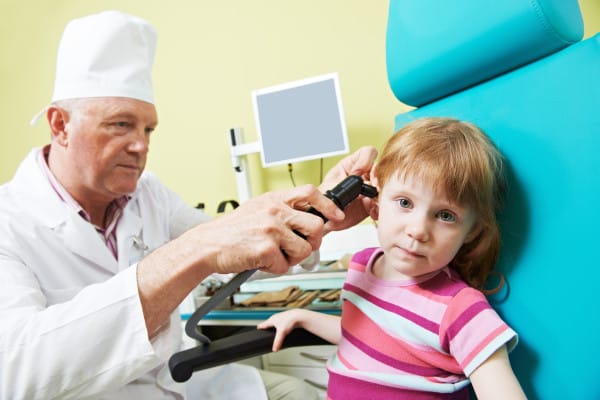Zinc deficiency is surprisingly common in American kids. It’s estimated that 10% of boys and 6% of girls are zinc deficient and that 30-50% of American kids don’t get enough zinc in their diets. Children that eat a mostly vegetarian diet, exclusively breastfed infants over 6 months of age, kids with digestive conditions (eg. IBS), and kids from lower income households are more likely to be affected.
Signs of Zinc Deficiency in Children
- Decreased Growth
- Slow development
- Increased colds & flus
- Learning disabilities
- Low energy
- Poor attention span
- Difficulties with memory
- Loss of appetite
- Diarrhea
- Rashes
- Slow healing wounds
- Impaired taste and smell
- Hair loss
You probably noticed that these are broad, non-specific symptoms that could be caused by a number of different things. This is why it is important to work with a doctor to come to a diagnosis of zinc deficiency.
Tests for Zinc Deficiency
If your doctor suspects a zinc deficiency, then they will usually order tests. Zinc can be measured in a blood test or a urine test. Unfortunately, these are considered unreliable because of how zinc is distributed in the body. A zinc tally test, also known as a zinc taste test, is another way to attempt to measure zinc status by measuring your sense of taste, but this method is also unreliable because factors other than zinc affect the sense of taste.
Luckily, zinc is a relatively safe and inexpensive intervention, so response to zinc treatment can be used as part of a zinc deficiency diagnosis. This means that if a zinc deficiency is suspected (because of symptoms, risk factors, and/or test results), then a trial of zinc supplementation is done. If symptoms begin to improve, then it could be safe to say that a zinc deficiency caused them and zinc supplementation can continue until the symptoms are fully resolved.
Treatment of Zinc Deficiency
Treatment of zinc deficiency is relatively straightforward and involves oral supplementation with zinc. However, zinc toxicity is possible if too much is ingested and there are other therapeutic concerns to keep in mind. Learn more about the benefits of zinc, and remember to always work with a healthcare professional if you suspect a zinc deficiency.
References:
https://ods.od.nih.gov/factsheets/Zinc-HealthProfessional/
https://www.merckmanuals.com/en-ca/home/disorders-of-nutrition/minerals/zinc-deficiency
https://www.webmd.com/children/news/20020524/zinc-helps-kids-grow
https://www.naturalmedicinejournal.com/journal/2011-07/zinc-bottom-line-monograph







